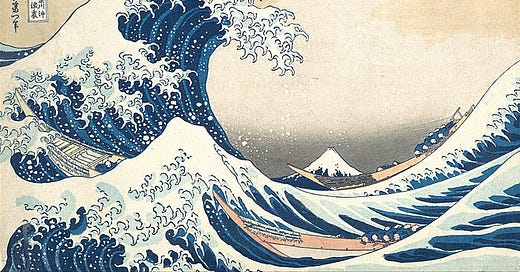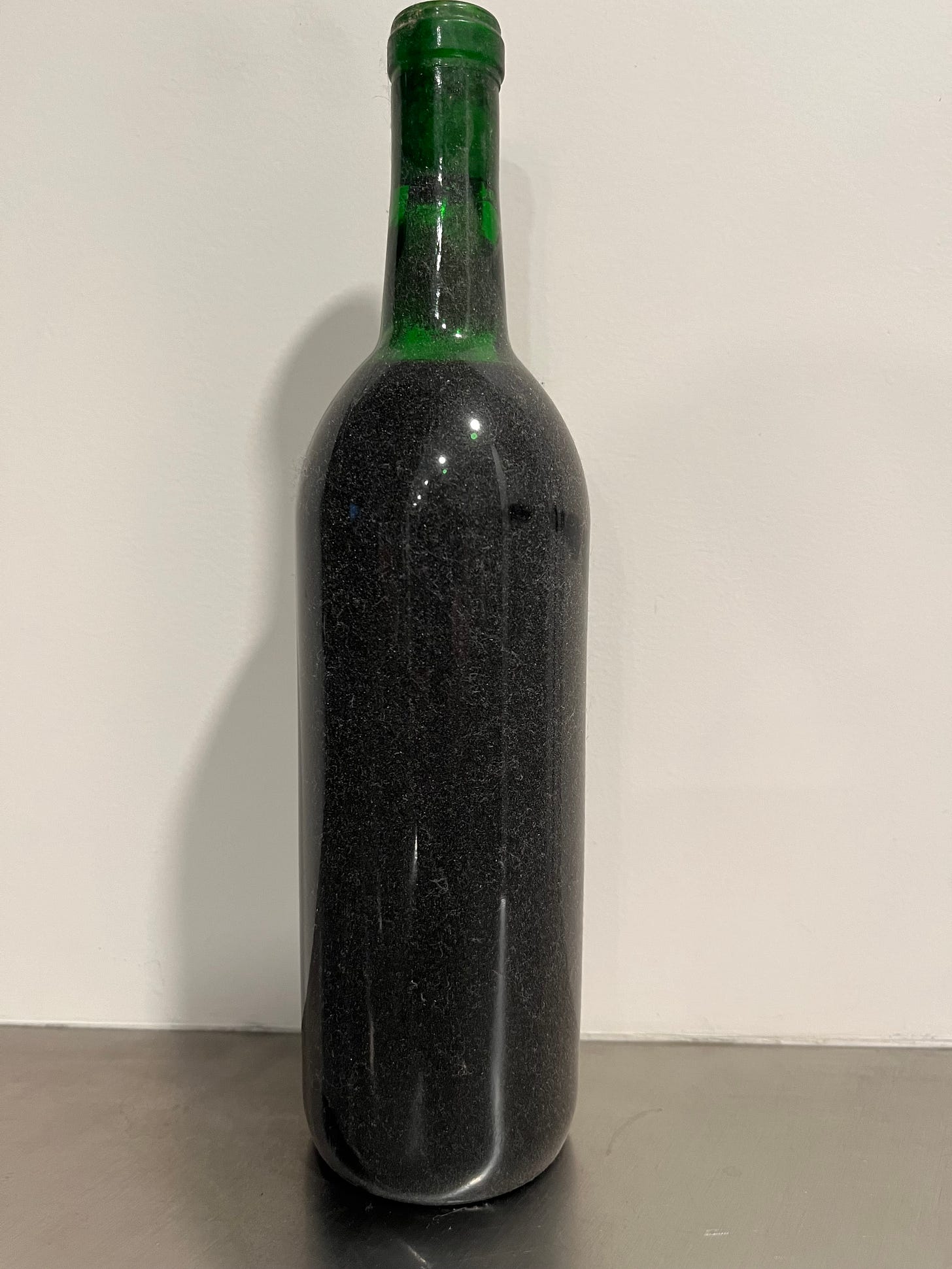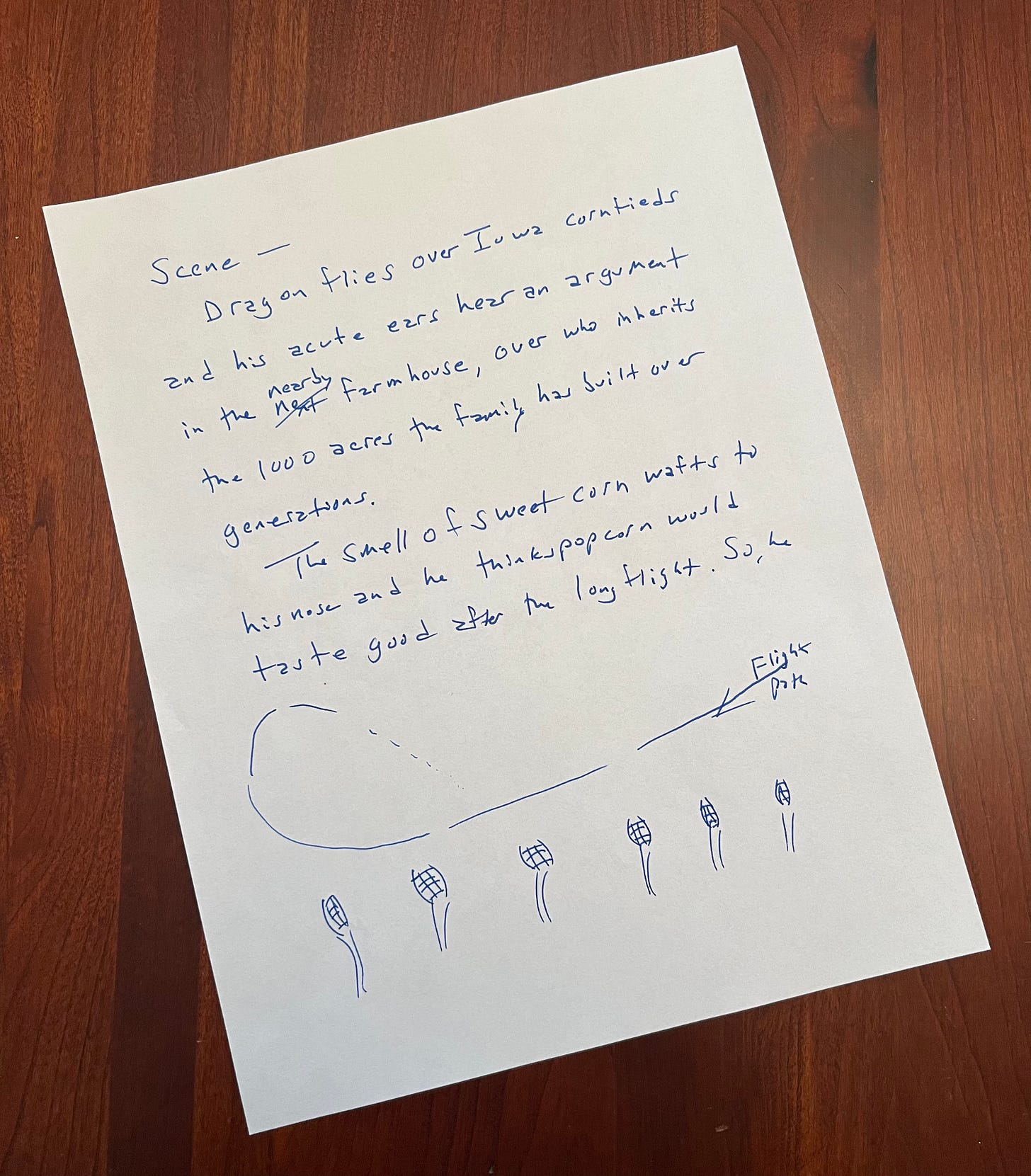What makes a book compelling? Join me in reading good books and honing the craft of writing.
In Part I, we delved into why authors and agents should lay a little R-E-S-P-E-C-T on one another in this extraordinarily tough business of publishing fiction. Everybody’s crushed with real life and works hard.
And yet, it’s worth a shot to break into publishing. Several shots. Multiple shots in fact.
Let’s start with agents, using our fictitious Camelia. Instead of standing in line at the grocery store, she’s at the office, door closed. She opens query #17. “My fantasy is a family saga inspired by Jane Smiley’s Pulitzer-winning A Thousand Acres, only it has dragons over Iowa cornfields to move the plot along at a faster clip, more suitable to today’s readers.”
Hmm, doesn’t move me. Camelia swipes left.
Then Camelia immediately opens my query. “A science fiction about exploration of the inner solar system involving manned spacecraft and the attendant dangers thereof.” Of course I’m worried. How to ensure Camelia, brain muddled, doesn’t bring the last query into mine? A science fiction with an Iowan dragon and space exploration.
No! That’s not it! Clear Your Mind before opening my query!
What? Camelia thinks, head bobbing, eyes closed. How do I go about clearing my mind when reading so many queries? All I want to do is get through them fast, without missing the truly promising books. I want to find the one good egg. I think I recognize your name, Mantooth. Your query was one of the worst I’ve ever laid my eyes on. But back to your suggestion. Please explain.
Feedback—finally! Not the best, but I’ll take it. On to clearing your mind. I recommend after reading one query, at most two back-to-back, loudly expressing, “HUFF! HUFF! HUFF!”—put your diaphragm into it—to take the mind off the last query. Added benefit, anyone within hearing range will know not to intrude, as this is your Query Reading Moment, practiced regularly in lieu of yoga.
Think of it as cleansing your palate, the same manner you’d do when tasting wine. Actually, I wish agents would down a glass or two before reading my query.
It would also help authors if agents could better articulate details into what they consider a truly promising book. A near impossible quest, I know.
What about us writers? Do we have any hope?
You bet. Agents and publishers, even those with a bench of home run hitters, are always looking for fresh content. Hitters stop writing for many reasons, a dry spell or worse; as we say in the biz, their typewriter runs out of ink. As per his wishes, he was buried with a notebook and three indelible ink pens. Also, as per his wishes, the critics weren’t invited to the funeral, allowing for everlasting peace.
Writers shouldn’t sweat the small stuff, like trying to learn every one of the thirty plus authors listed by an agent as allegedly representative of the works they want. It’s too many to be informative for querying writers who need to write and not read up on so many authors. Agents post the lists to assuage their existing authors. “Look,” the agent might say to an author-client, “I’ve listed your name on my web page! Just don’t ask how many emails I get wondering, ‘Who’s that?’”
The agenting business is a weird one, based on contingency fees. There are agents who charge fees upfront with promises of future gains. As a patent attorney, having seen analogous invention submission companies milk inventors, not for me. We authors are thankful for legitimate agents because we incur no out-of-pocket expense. Sure, we bathe our manuscripts in blood, sweat and tears, but agents come free. Which makes them very expensive.
Agents stay in business by controlling the risk. They know how much work is needed to polish the manuscript. They also evaluate the author on ease of working with. But the main thing they look for is which editors can they pitch it to.
Traditional publishers are particularly risk averse. It’s an odd match, don’t you think? On the one hand, publishers rely on authors to fill their printed pages. Authors, by necessity, are entrepreneurial. We are self-starters who, despite the Nos, despite the odds, are blessed with Entrepreneurial Ignorance and keeping pushing our craft. That also means, to a certain extent, occasionally pushing the artistic envelope. Debut authors have it the worst. Debut authors need to stand out from the crowd, but not too much. Publishers are the total opposite; entrepreneurship is a dirty word when reporting to one’s corporate bosses.
I’ve been surprised by the low level of entrepreneurship by literary agents. I met entrepreneurs of all stripes and enjoyed taking on inventions I knew little about. I relish learning and challenges (I say this so you’ll know I’m not absolutely, positively loco trying to have a writing career). I thought literary agents would be the same, taking on books that expanded their minds, their areas of expertise, expanding into genres. I was wrong. I think agents find a lane of editors and stay in it. It’s the only way to stay in this tough business.
I haven’t run into many agents, but there are a few that I admire and respect. One is Maggie Cooper who gave advice on how to become published. She said quite a bit, but the part I took away, the part I carry around in my head without needing to look over my notes, is:
“Write a really good book.”
Packed with meaning, yet succinct in a manner befitting a literary agent. Here’s looking to the Maggie Coopers.
As this newsletter continues, one of its goals it to find really good books for both readers to enjoy and writers to delve into.
Among other agents I’d like to get to know better:
Kirby Kim of Janklow & Nesbit.
Adam Schear of DeFiore & Co.
Cameron McClure of Donald Maass.
Lauren Abramo of Dystel.
All the Best,
Geoff
If you enjoyed this post, please hit the heart “❤️” so others can find it. It’s at the bottom and at the top.








